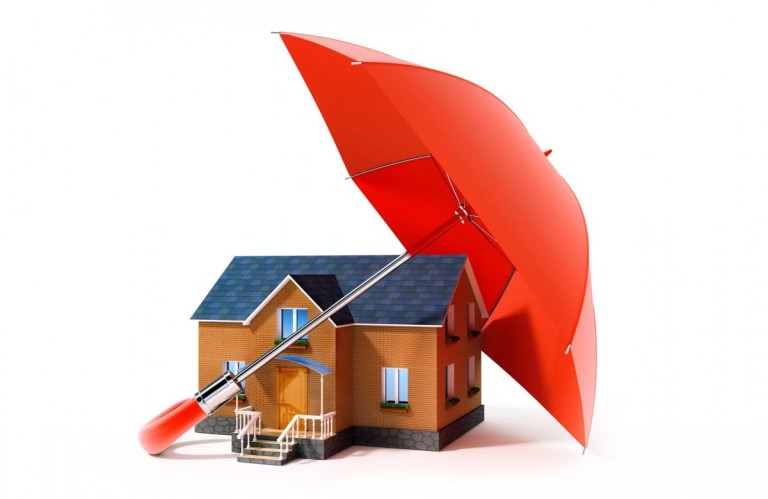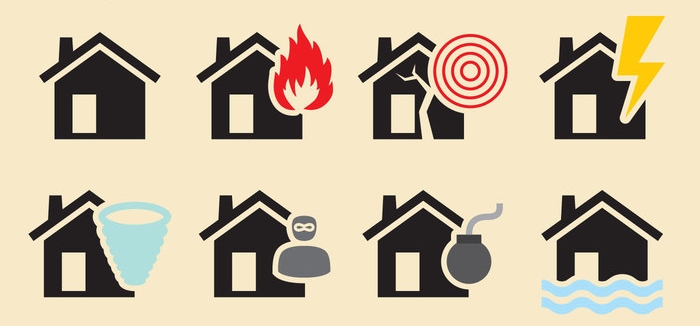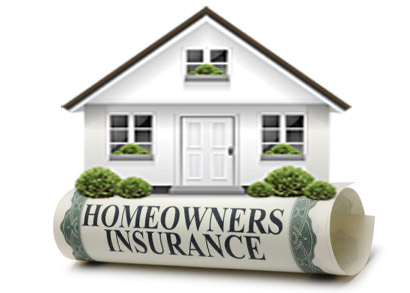Whether you’re a real estate investor, live-in owner, or renter, to overlook home insurance coverage could potentially be very expensive. Here’s what you need to know to make the right choices.
Why insure your property?
Even if home insurance coverage is not legally required in Quebec, it remains essential to protect your largest asset asset. Some landlords or mortgage lenders may require it, and wisely so, and it is too often neglected by residents.
Besides the obvious, home insurance also offers a different type of protection: Civil liability. If you, your spouse or your children cause accidental damage or injury to others, liability coverage will avoid serious financial and legal consequences.

Assess your needs
To determine the dollar amount you would need to replace all your belongings in case of disaster, you must first make a detailed inventory. Feel free to keep it regularly updated and documented corresponding invoices and photos as evidence of what you owned. This will facilitate compensation.
People tend to underestimate what they have in their houses or apartments. Little do they know that opting for better (higher) home insurance coverage will not have a significant impact on the price of their premiums. This helps answer the question: What’s your home worth?
As regards settlement terms, it’s recommended to establish the “replacement value” before an incident, rather than after a loss is incurred. The latter will always be a depreciated (or lower) value. Property owners are advised to evaluate their houses (or multi-unit buildings) at least every five years for an increased valuation. They should also report any improvements they have made. Why? The value of a house is based on rebuilding cost, not on its current market price. If you’ve invested in renovations of any size, make sure they are recognized when property values are increasing
What kinds of coverage to choose?
Fire, theft, and water damage are the three main causes of insurance claims in Quebec. Meanwhile, natural disasters are becoming increasingly important, which explains (in part) the overall increases in home insurance coverage premiums for owners province-wide.
Using the traditional (basic) method, only the risks specified in the contract are covered. These include theft, vandalism, fire, some types of water damage, intense storms, wind and hail. As the name implies, the “all risks coverage” formula covers all major categories of potential risk, except those specifically excluded from the contract. If another package offers more protection than this one, it will also be more expensive.

The extended form for the building, available exclusively to owners, also covers all risks except those excluded from the contract. The opposite is true for movable property, since only the risks specified in the contract are covered. If you want to eliminate certain limitations or exclusions from your home insurance coverage policy, you could buy a rider instead of choosing a more expensive package. Bottom line? It is up to the insured party to ensure they are well protected. Yes there is much to understand and decide on, but it is worth the effort.
Shopping for home insurance
Take the time to consider your needs thoroughly. As the protections and premiums differ from one insurer to another, it is important to shop around for your home insurance coverage. The best way to do this is simply by requesting free quotes from a variety of well-known and trusted companies.
Also know when to use an insurance broker They have access to the widest variety of companies, packages, and prices. When doing their job right, they are best qualified to find the solutions best suited for the needs of their client.


